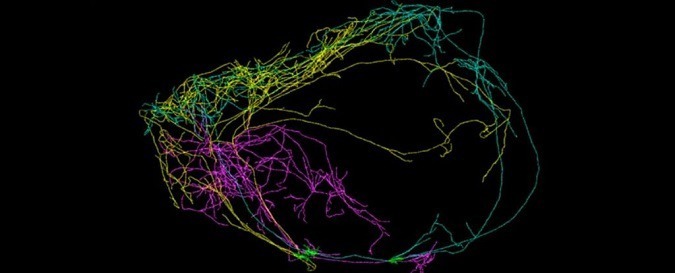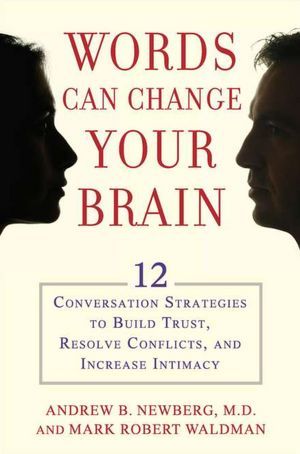Posts Tagged ‘Consciousness’
Five rituals to access InnSæi (Icelandic word for intuition, “the sea within”) and thrive in the fast-changing attention economy
The world we live in is complex, volatile, fast-changing and non-linear. Everything is interconnected in a system where a small change in one place can cause an unforeseeable impact in another. Metaphorically speaking, the world we live in is very much like the ocean. It is in constant motion, and the ever-changing, unpredictable directions of…
Read MoreFDA-approved, Cybin-sponsored clinicial trial to measure ketamine’s impact on the brain via Kernel Flow neuroimaging helmet
Kernel’s Brain-Imaging Helmet Approved For Clinical Trial On Patients Using Ketamine (Forbes): The U.S. Food and Drug Administration has approved a clinical trial using a neuroimaging helmet made by Los Angeles-based Kernel to track what happens in the brain when a human takes a psychedelic dose of ketamine.
Read MoreFrom Mental Health to Behavioral Health…and back?
___ Know Thyself: Well-Being and Subjective Experience (Cerebrum): “Ancient Greek philosophers were fond of the aphorism, “know thyself,” inscribed above the entrance of one of the Temples of Apollo at Delphi. One expression of this tradition, variably attributed to Socrates and Plato, is that “the unexamined life is not worth living.” Another, attributed to Aristotle,…
Read MoreNew brain imaging methods help detect giant, superconnected neurons such as this one (in a mouse’s brain)
A Giant Neuron Has Been Found Wrapped Around the Entire Circumference of the Brain (Science Alert): “For the first time, scientists have detected a giant neuron wrapped around the entire circumference of a mouse’s brain, and it’s so densely connected across both hemispheres, it could finally explain the origins of consciousness.
Read MoreHow Do Words, such as Yes and No, Change Our Brains and Lives?
The neuroscience of language, consciousness, and communication raises many fundamental questions, the answers to which consistently defy definition. For example: when we speak, where do our words come from? Our brain, or our mind? And what do we mean by mind? Similar dilemmas arise when we try to study the nature of consciousness. What is…
Read MoreMeditation on the Brain: a Conversation with Andrew Newberg
Dr. Andrew Newberg is an Associate Professor in the Department of Radiology and Psychiatry and Adjunct Assistant Professor in the Department of Religious Studies at the University of Pennsylvania. He has published a variety of neuroimaging studies related to aging and dementia. He has also researched the neurophysiological correlates of meditation, prayer, and how brain…
Read More




